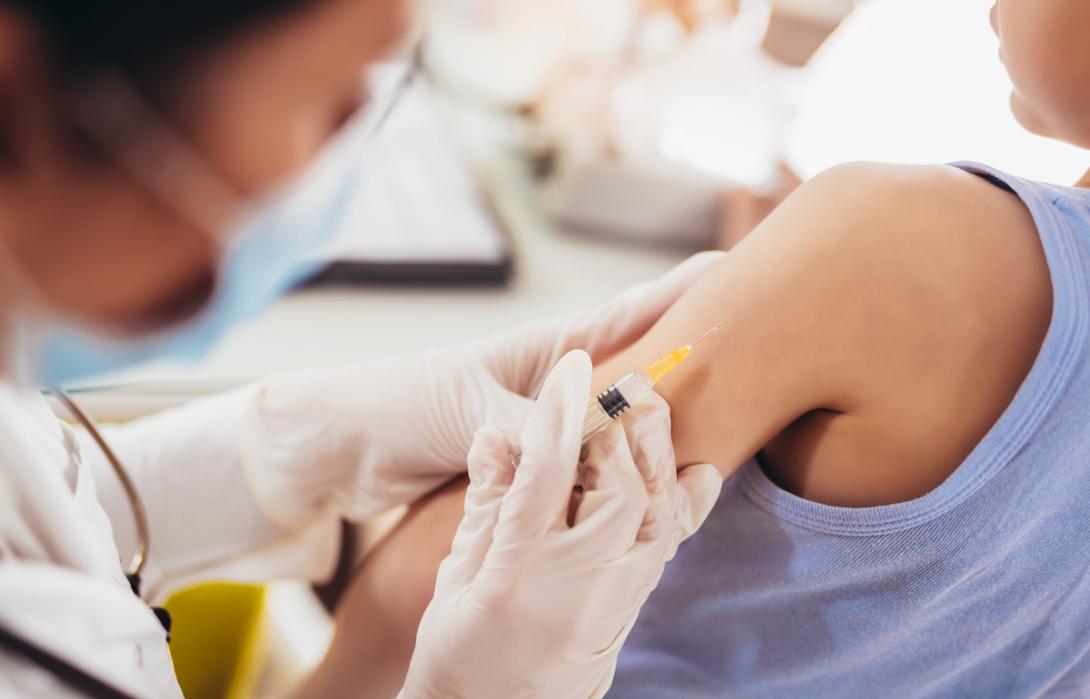
Alternating arms between COVID shots can make the vaccine up to four times more effective, according to new research.
Researchers at Oregon Health & Science University in Portland studied how antibodies responded in the blood of 947 people who received two vaccinations against COVID-19 early in the pandemic.
Published last month, the study found antibodies responded more vigorously and thoroughly when people received a shot in one arm and a subsequent shot in another arm.
Three weeks after the second shot, researchers found heightened immunity to the original SARS-CoV-2 strain, and an even stronger immune response to the Omicron variant that emerged roughly a year after the second shot. The effect lasted more than 13 months.
The researchers hypothesize that spreading the immune responses between lymph nodes explains the difference.
“By switching arms, you basically have memory formation in two locations instead of one,” Dr. Marcel Curlin, the lead researcher and medical director of OHSU Occupational Health, said in a press release Feb. 6.
Particippants in the study included OHSU employees who agreed to enroll in research while getting vaccinated. They were randomized to get the second dose in either the same or the opposite arm as the first dose.
Some participants wondered if it made a difference if they alternated arms, Curlin said in the press release. Historically, clinicians thought arm choice didn’t matter.
"This question hasn’t really been extensively studied, so we decided to check it out," Curlin said. "It turned out to be one of the more significant things we’ve found."
Curlin and his team matched 54 pairs for age, gender and time between vaccinations and exposures. Half received two doses in just one arm. The other half alternated arms.
Researchers didn’t see much of a difference at first. After three weeks, however, they measured significantly greater numbers of antibodies attacking the virus in blood samples. The rates progressively increased over four weeks by as much as four times.
Most people have been exposed to COVID at this point, Curlin said.
However, he added, the study could have ripple effects far beyond the pandemic. "It’s probably not limited to just COVID vaccines," he said. "We may be seeing an important immunologic function."
Researchers who coauthored the study included Sedigheh Fazli, Archana Thomas, Abram Estrada, David Xthona Lee, Steven Kazmierczak, Mark Slifka, Bill Messer, Hiro Ross and David Montefiori.
The study was supported by the M.J. Murdock Charitable Trust and OHSU Foundation as well as the National Institutes of Health.
Curlin and his colleagues want further research to determine whether switching arms improves responses for other vaccines -- especially among children.
Personally, Curlin said, he's convinced. "I’m going to switch up my arms," he said.
The difference doesn't have to be huge to be important, given the number of people receiving vaccines, he said. "Any incremental improvement might save a lot of lives."
Tom Henderson can be reached at [email protected].